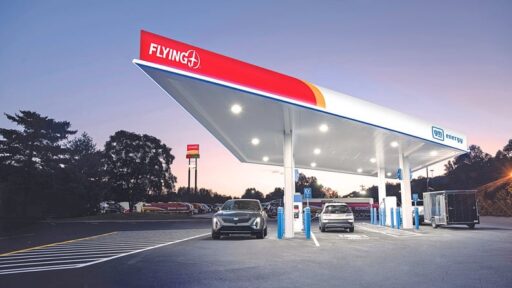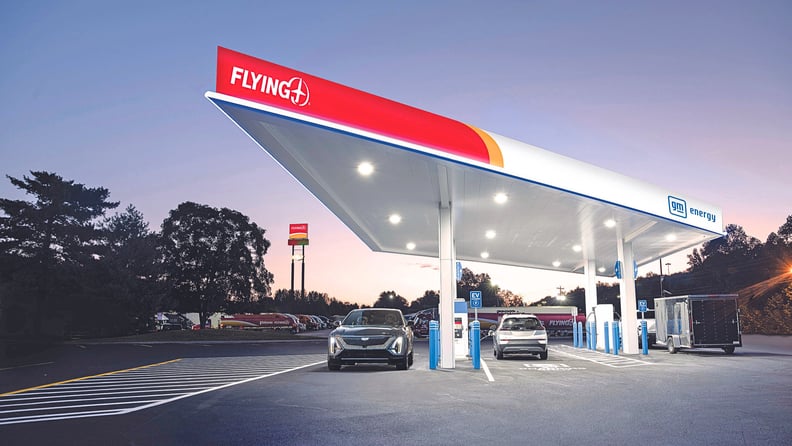The federal government has pledged billions of dollars to a program aimed at establishing a network of charging stations every 50 miles along interstate highways.
However, more than two years later, only eight stations are operational, and these are spread across just six states, highlighting the slow progress of the National Electric Vehicle Infrastructure (NEVI) program.
Despite the ambitious $5 billion budget over five years, the rollout has been sluggish due to the complexities involved in constructing a nationwide EV charging network. This situation is similar to the fragmented nature of America’s electricity grid. Although it’s a federal initiative, the states control how the funds are allocated.
READ MORE: Chevrolet Blazer EV Named MotorTrend’s 2024 SUV of the Year
This decentralization means companies that receive funding can’t implement a uniform strategy across the country because each state’s regulatory environment and utility companies’ rules differ. Additionally, they must collaborate with a variety of private and public utilities, each with its own grid, EV charging program, and operational plan.
According to Loren McDonald, CEO of EVAdoption, a typical timeline for setting up an EV charging station is about two years from application to opening, contributing to the current slow pace. As of May 28, 23 states have begun distributing NEVI awards.
Ten states have completed the first round of applications, one state is currently accepting applications, ten have tentative application start dates, and six have not provided a timeline for applications. States like Ohio, New York, Colorado, and Pennsylvania are progressing more rapidly, whereas Idaho, Mississippi, Nevada, South Carolina, South Dakota, and Wyoming are lagging.
EVAdoption data shows that by May 28, 23 states had announced awards for 593 EV charging stations under the NEVI program. Of these, only eight stations are operational in six states: Hawaii, Maine, New York, Ohio, Pennsylvania, and Vermont. This slow rollout highlights the challenges of creating a cohesive, nationwide EV charging infrastructure under a decentralized system where states have significant control and varying levels of readiness.
READ MORE: Jeep Wagoneer S EV Not Rugged Enough? Try the Off-Road Trailhawk Version
Subscribe today for the freshest car news delivered to your inbox



